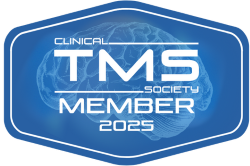
JOIN US! TMS Education Event - Tuesday, April 9th 5:30pm pst - Click to learn more!
Insomnia
TMS for Insomnia
Insomnia is a common sleep disorder affecting a significant portion of the population worldwide. It is characterized by difficulties in falling asleep, staying asleep, or experiencing restorative sleep, leading to functional impairment in daily life. Insomnia can be acute (short-term) or chronic (long-term) and is often associated with various mental health issues and physiological problems. It significantly affects the quality of life, mental health, and overall well-being of individuals.
Types of Insomnia
- Transient Insomnia: Short-term episodes lasting a few nights.
- Acute Insomnia: A brief period of difficulty sleeping usually caused by stress or traumatic events.
- Chronic Insomnia: Long-term, often occurring at least three nights a week for three months or more.
Traditional Treatments for Insomnia
Traditional treatments for insomnia may include:
- Cognitive Behavioral Therapy for Insomnia (CBT-I) is a systematic approach designed to identify and modify thoughts and behaviors contributing to sleep disturbances.
- Medication involves the use of prescribed sleeping pills or over-the-counter sleep aids.
- Relaxation Techniques: Methods like meditation, deep breathing exercises, and progressive muscle relaxation.
How Accelerated TMS Targets Insomnia
Accelerated TMS at Kind Health TMS is a novel approach to treating insomnia. It involves:
- Targeted Neural Stimulation: Focusing on brain areas involved in regulating sleep patterns.
- Restoring Circadian Rhythms: Aiming to normalize disrupted sleep-wake cycles.
- Reducing Hyperarousal: Lowering the heightened state of arousal that can interfere with sleep.
Key Benefits of Accelerated TMS for Insomnia
- Non-Pharmacological Approach: Offers an alternative to medications and their potential side effects.
- Rapid Onset of Benefits: Some individuals experience improved sleep patterns shortly after beginning treatment.
- Long-Term Relief: Potential for sustained improvements in sleep quality.
- Holistic Improvement: Can positively impact overall mental health and well-being.

What patients are saying
"Desperate and struggling, my therapist recommended TMS. With an open mind and cautious optimism, I tried it. In just five days, my anxiety improved significantly. The clinic staff was fantastic, offering counseling and education on anxiety. The whole experience, including aftercare and follow-up, made a huge difference. I wholeheartedly recommend Accelerated TMS at Kind Health Group. Thank you, Dr. Nanos, and your amazing team"
Cheng-gang Jiang, Li-ni Song, Ying-ge Ma, et al. (2013). Efficacy of Repetitive Transcranial Magnetic Stimulation in the Treatment of Patients with Chronic Primary Insomnia. Cell Biochemistry and Biophysics, 67(2), 169–173. https://doi.org/10.1007/s12013-013-9559-1
Abstract Summary: This study investigates the efficacy of rTMS in treating patients with chronic primary insomnia. It suggests that rTMS might be an effective treatment option for improving sleep quality and reducing insomnia symptoms.
Huang, Z., Li, Y., Bianchi, M. T., Zhan, S., Jiang, F., Li, N., Ding, Y., ... & Zhang, J. (2018). Repetitive transcranial magnetic stimulation of the right parietal cortex for comorbid generalized anxiety disorder and insomnia: A randomized, double-blind, sham-controlled pilot study. Brain Stimulation, 11(5), 1103-1109. DOI:10.1016/j.brs.2018.06.003
Abstract Summary: This study investigates the effects of repetitive transcranial magnetic stimulation (rTMS) on the right parietal cortex in patients with comorbid generalized anxiety disorder and insomnia. It was a randomized, double-blind, sham-controlled pilot study that aimed to determine the efficacy of rTMS in alleviating symptoms of both anxiety and insomnia. The results suggested that rTMS might have potential benefits in reducing anxiety symptoms and improving sleep quality, indicating a promising non-invasive treatment option for individuals with these comorbid conditions.
Li, T., Wang, W., Hong, L., Lin, Y., Yang, A., Zhang, J., & Wang, F. (2013). Repetitive transcranial magnetic stimulation enhances sleep quality of patients with comorbid major depressive disorder and insomnia. Sleep Medicine, 14(11), 1167-1173. DOI:10.1016/j.sleep.2013.06.015
Abstract Summary: This research focuses on the impact of repetitive transcranial magnetic stimulation (rTMS) on sleep quality among patients suffering from both major depressive disorder and insomnia. The study explored whether rTMS could enhance sleep quality in these patients. The findings indicated that rTMS treatment led to improvements in sleep quality, suggesting it as a beneficial non-pharmacological treatment option for improving sleep in patients with comorbid depression and insomnia.
Collins, A., Cheung, J., Croarkin, P., Kolla, B., & Kung, S. (2021). Effects of transcranial magnetic stimulation on sleep quality and mood in patients with major depressive disorder. Journal of Clinical Sleep Medicine, 17(12), 2541-2548. https://doi.org/10.5664/jcsm.9846
Abstract Summary: This study examines the impact of repetitive transcranial magnetic stimulation (rTMS) on sleep quality and mood in individuals with major depressive disorder (MDD). Conducting a retrospective analysis, the study found that both mood and sleep quality independently improved following a six-week course of 10 Hz rTMS over the left dorsolateral prefrontal cortex (DLPFC). The results suggest that rTMS may have direct effects on improving sleep quality and mood in MDD patients, indicating its potential as a dual-benefit treatment option.
If this is a life-threatening emergency, please call 911 or the National Suicide Prevention Lifeline














































